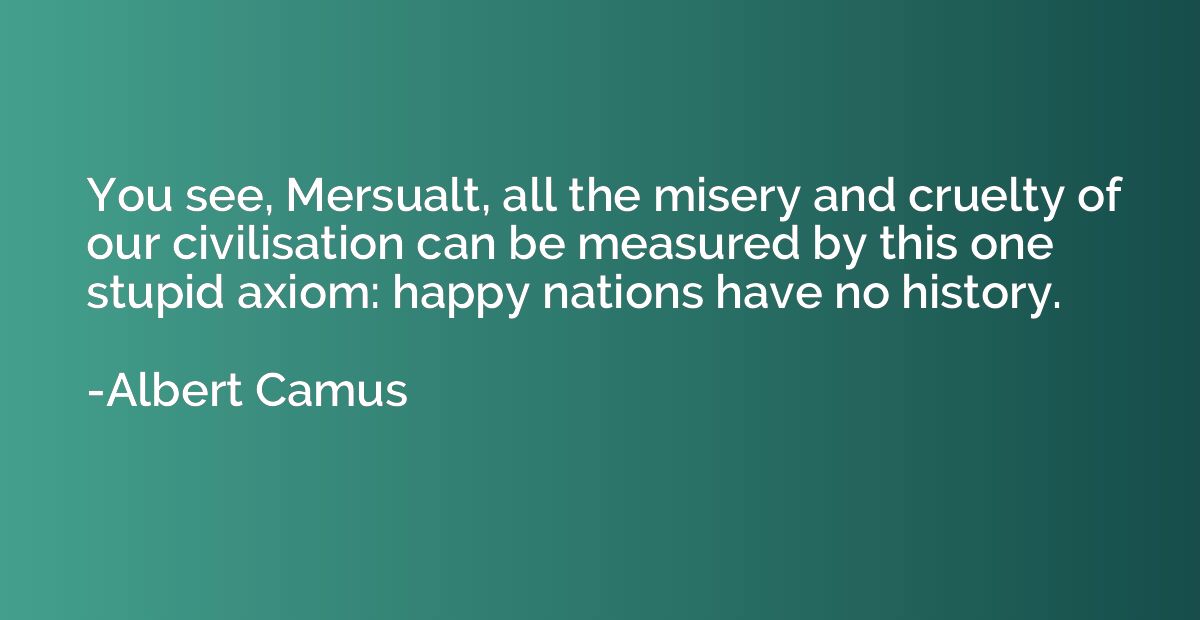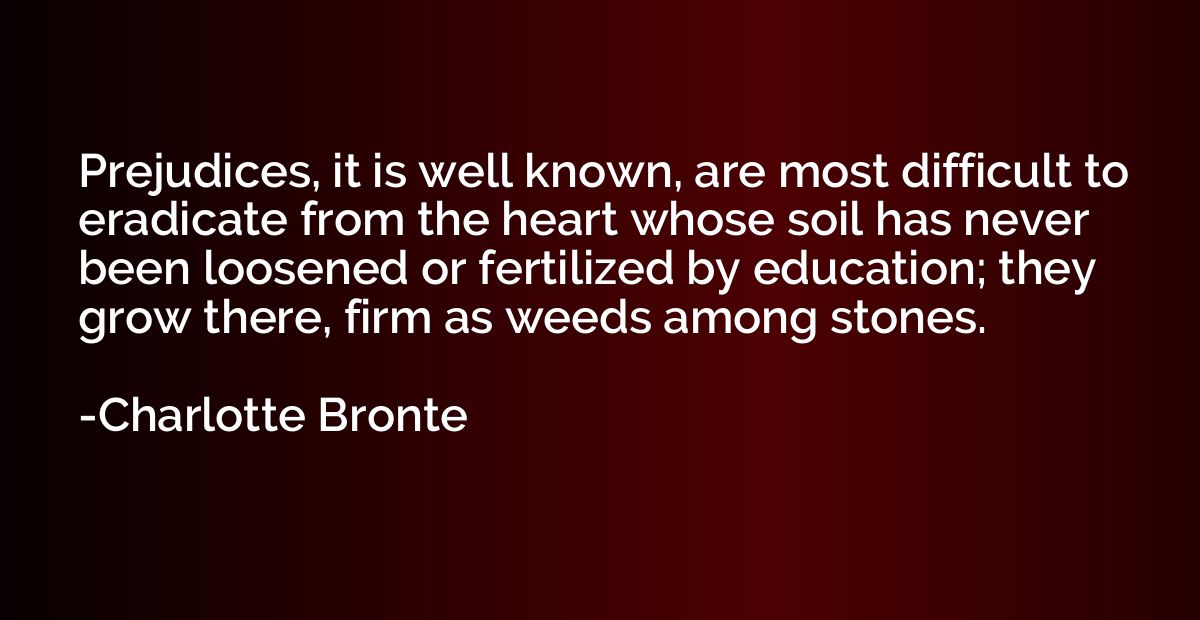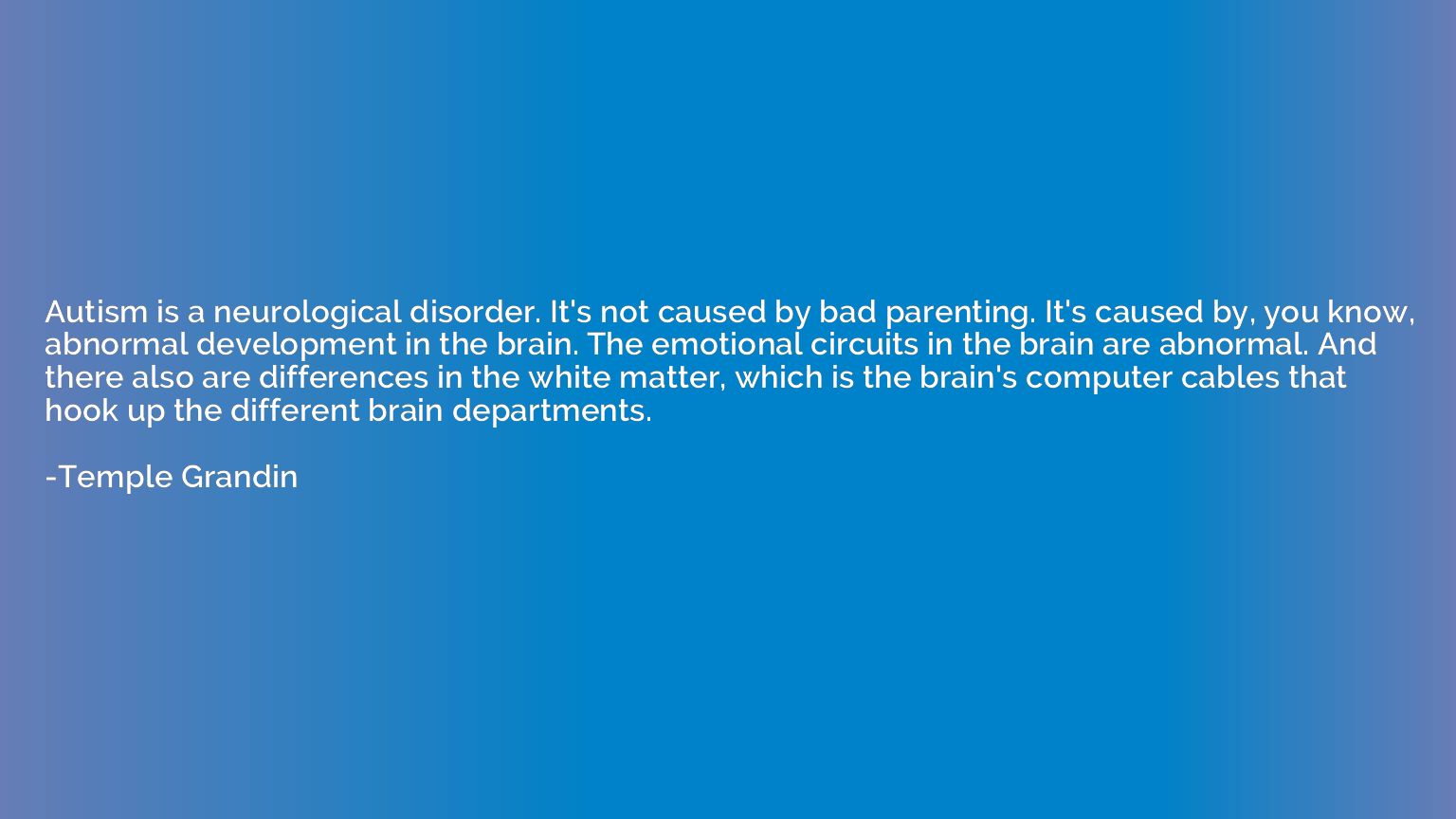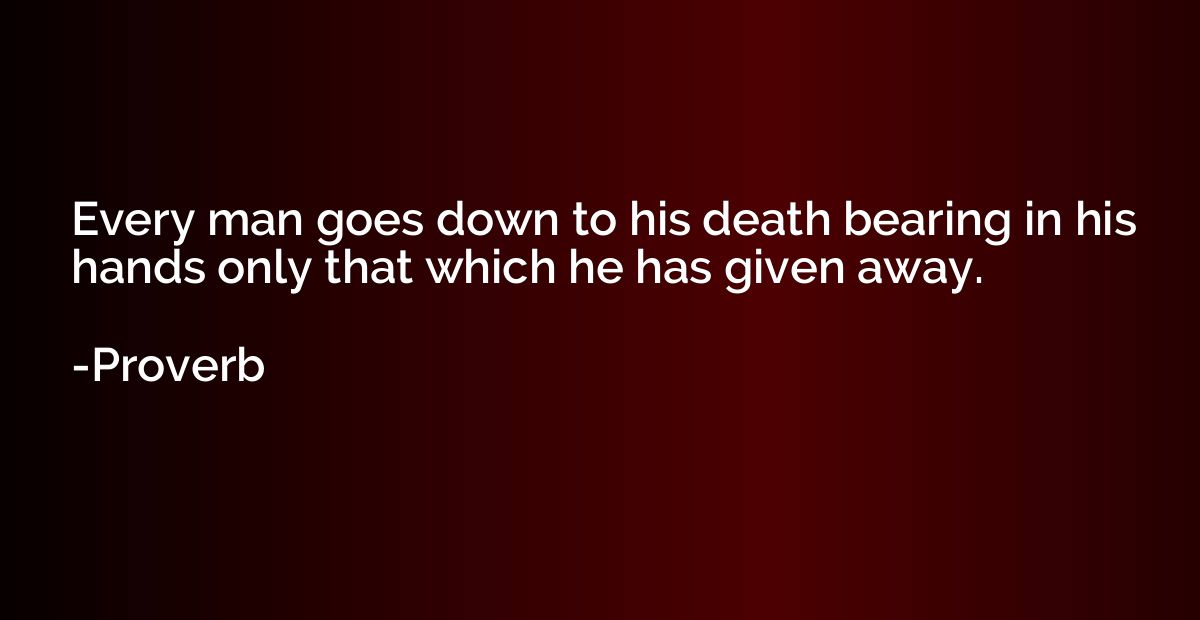Quote by Albert Camus
You see, Mersualt, all the misery and cruelty of our civilisation can be measured by this one stupid axiom: happy nations have no history.

Summary
This quote suggests that the suffering and cruelty endured by societies are reflected in their history. It implies that nations with a history filled with strife, wars, and tragedies are not capable of achieving true happiness. The notion is that if a nation is truly content, there would be no significant historical events to remember, as peace and contentment rarely give rise to memorable narratives. Therefore, this quote highlights the paradoxical relationship between happiness and the chronicling of history within societies.
By Albert Camus














